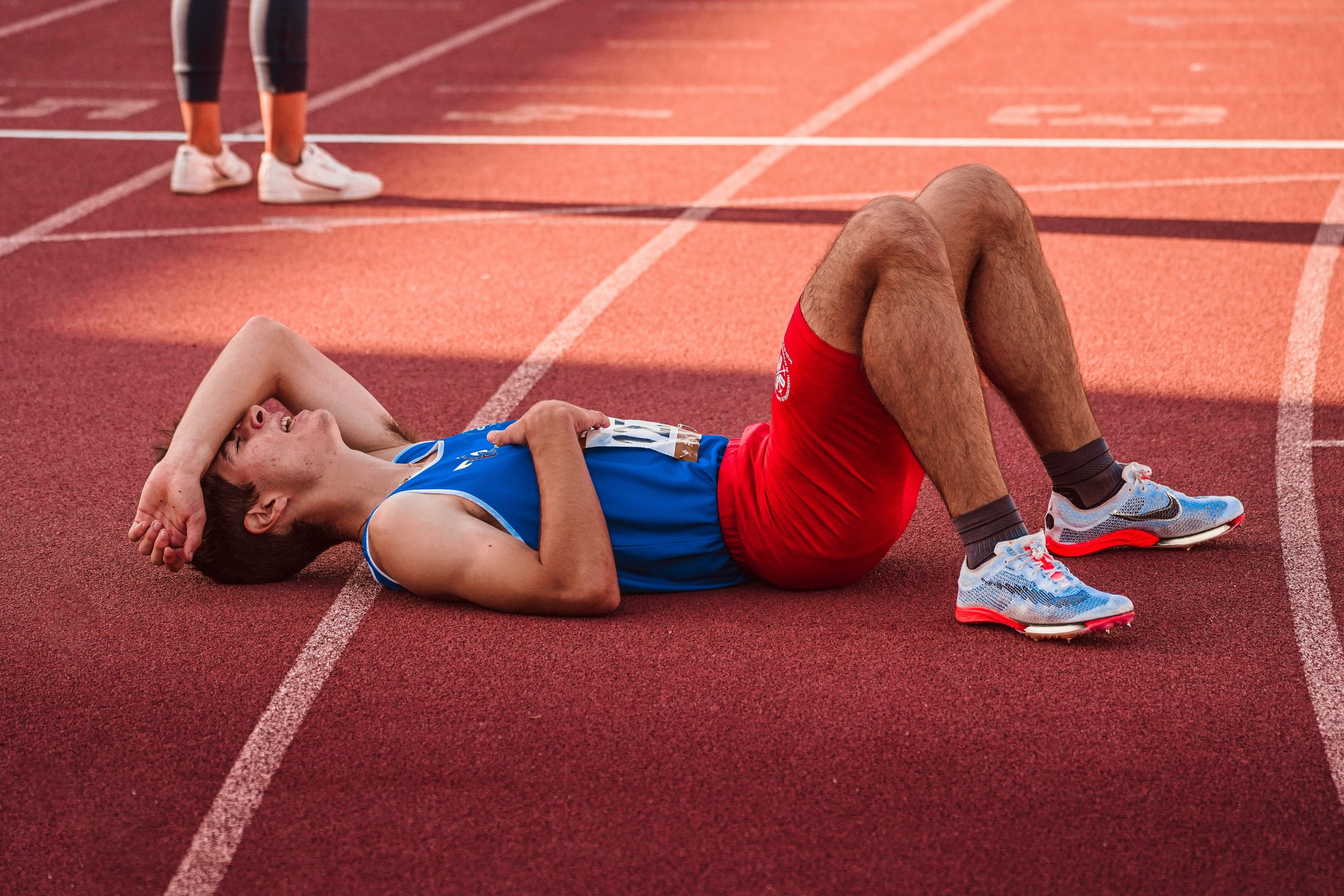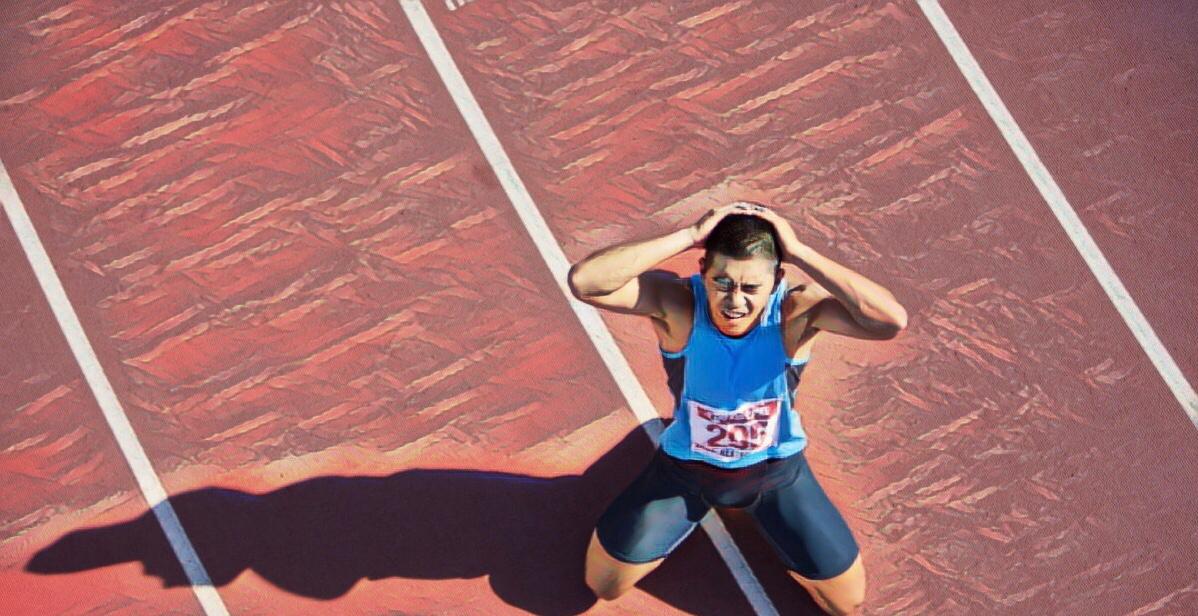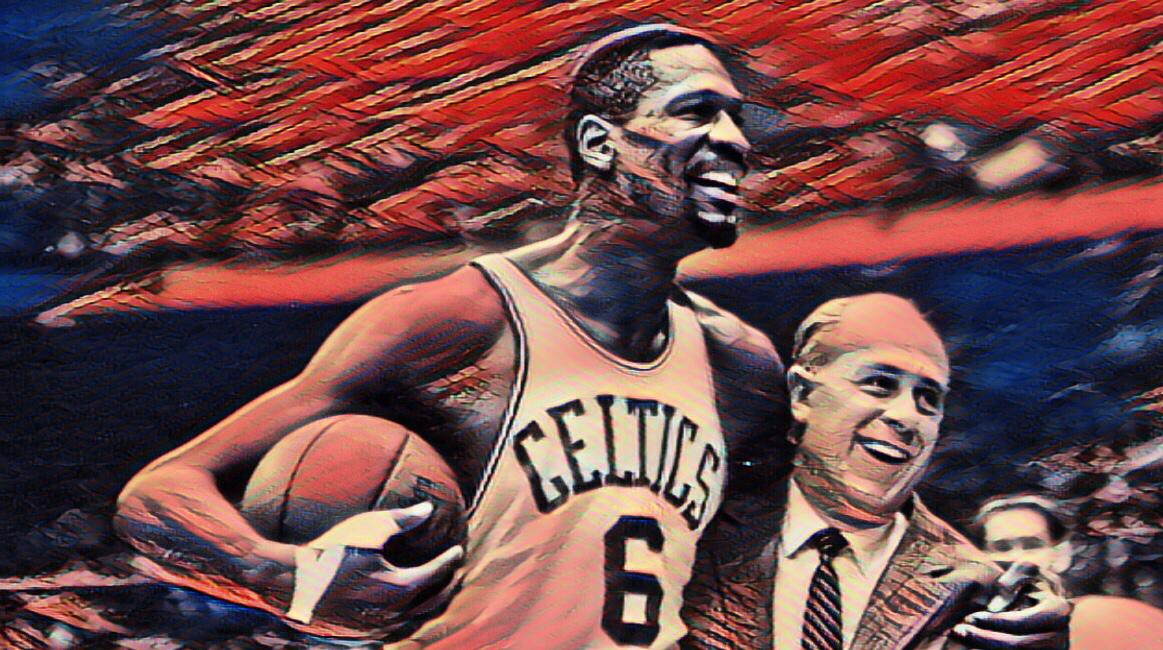These days, it seems like athletes are opening up more about their mental health struggles than ever before. But it’s not just confined to sports; mental health issues are becoming more visible across all walks of life.

Psychological Struggles
Take NBA star Kevin Love, for example. On November 5, 2017, during a game against the Atlanta Hawks, Love suddenly left the court and headed to the locker room. Later, he revealed in an essay for The Players’ Tribune that he had experienced a panic attack during the game. “This is a hard thing to talk about and face, but I have to do it,” he wrote. Love’s revelation prompts us to ask: Is it unusual for high-performing, high-profile athletes to experience these kinds of issues? The answer is a resounding no. Athletes, like anyone else, are susceptible to psychological problems. Here are some reasons why athletes might face mental health challenges: performance anxiety, injuries, media and social media pressures, existential issues, personal life problems, the pressure to win, the demands of modern sports, intense competition, team dynamics, and penalties, among other factors.
Protecting athletes’ mental health is crucial for their performance and quality of life. Psychological issues in athletes can range from anxiety disorders, depression, bipolar disorder, OCD, eating disorders, and PTSD. The stress athletes experience can also lead to substance abuse issues.

The Sufferers
Psychological issues can impact any athlete’s life and performance. Numerous high-profile athletes have faced mental health challenges during their careers. Stories of athletes battling mental issues, succeeding despite them, or sometimes not, always capture interest. Here are a few examples. As mentioned, NBA player Kevin Love has struggled with panic attacks and depression. Love continues to compete in the NBA and openly discusses seeking professional help for his issues. Legendary swimmer Michael Phelps has publicly battled depression and anxiety, seeking treatment after the 2012 London Olympics. Phelps’ documentary, “The Weight of Gold,” highlights the extreme pressure American athletes face, sometimes leading to thoughts of suicide, which Phelps himself has experienced. After a hiatus and rehab, Phelps returned to swimming.
During the 2018 Winter Olympics, American snowboarder Chloe Kim experienced severe anxiety before her event and had to call a doctor to calm her heart rate. Despite this, she won a gold medal. Tennis legend Serena Williams has also opened up about her struggles with depression and anxiety, including a reported nervous breakdown after controversial decisions at the 2018 US Open final. English soccer star David Beckham has battled anxiety and OCD throughout his career, affecting his focus and performance. NFL player Brandon Marshall has dealt with borderline personality disorder, and English footballer Clarke Carlisle has faced depression, anxiety, and suicide attempts.
American gymnast Simone Biles withdrew from some events at the 2021 Tokyo Olympics due to psychological issues, having previously struggled with depression and anxiety. Former US gymnast Aly Raisman also revealed battling PTSD following sexual abuse. Boxing champion Tyson Fury has dealt with depression, anxiety, and bipolar disorder, leading to a break from his career before returning to win the WBC heavyweight title in 2020. NFL player Ricky Williams has fought social anxiety and bipolar disorder, stepping away from football in 2004 before returning in 2005. Michael Jordan’s brief retirement from basketball, attributed to his father’s death, is another example of mental health impacting an athlete’s career.
Former NBA Sixth Man of the Year Delonte West, diagnosed with bipolar disorder, kept his struggles private for years before eventually seeking help. NBA star DeMar DeRozan grew up in tough conditions similar to Venus and Serena Williams, battling mental health issues throughout his career. DeRozan’s transparency has made him a role model for other athletes facing similar challenges.
These examples show that mental health issues can affect any athlete. However, professional help and support can aid in their recovery. Athletes with psychological disorders often undergo therapies, medication, and other treatments.

The Fight
Locker rooms, often seen as sanctuaries of toughness, traditionally expect athletes to hide their vulnerabilities. But everyone needs to talk—to handle daily tasks, to laugh, to cry… sometimes just a few words can make a difference. More athletes are speaking out about their struggles, and the NBA is increasingly addressing mental health. This season, each team is required to have at least one mental health professional on staff. Kevin Love and DeMar DeRozan lead the charge, encouraging athletes not to hesitate to seek help for depression, panic attacks, or any mental health issue. Former NBA player Ben Gordon, who battles bipolar disorder, offers this advice: Never think it can’t happen to you. Find a therapist, sit down, and start talking.
DeRozan stresses the importance of acknowledging and addressing psychological issues. In 2018, he publicly shared his battle with depression, sparking widespread awareness. “People look at us and say, ‘You have everything, how can you be depressed?’ My wish is for those people to be so rich that they realize money isn’t everything,” DeRozan noted. He, along with other NBA players, has actively participated in mental health awareness initiatives. In 2019, DeRozan and former teammate Kyle Lowry launched a campaign to increase access to mental health services for youth. DeRozan advocates for increased education and awareness about mental health for athletes. In 2021, he wrote to the US Senate, urging more resources for athlete mental health support.
Ultimately, DeRozan and Kevin Love have become leaders in this movement, with more athletes joining in. At the end of the day, they argue that an athlete missing a game due to the flu should be seen in the same light as one missing a game due to a panic disorder—and they’re absolutely right. Athletes must speak out to show that no one is alone; millions of people face similar struggles. Implementing this is far more challenging than writing about it, but it starts with ourselves, extends to our families, friends, and ultimately, professionals.







